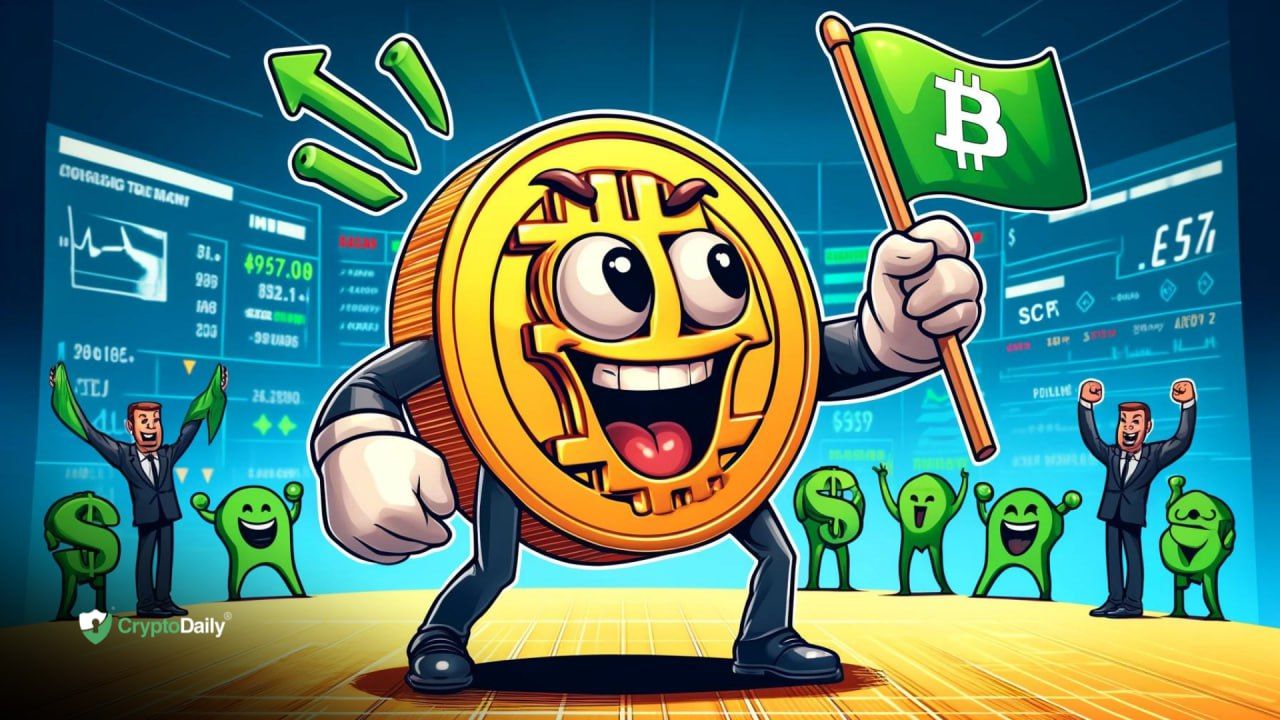Table of Contents
- Bitcoin Law Passed In Congress
- El Salvador Looks Into Sustainable BTC Mining
- Warnings And Support: IMF Vs. BoA
- Pre-Launch Infrastructure Roll-out
El Salvador is making history by becoming the first sovereign government to use BTC as legal tender, and a California-based cryptocurrency unicorn (Bitgo) is behind the technology helping to power the effort. Let’s take a quick look at the journey of how it happened.
Bitcoin Law Passed In Congress
Back in June, the small South American nation of El Salvador became the first country ever to announce its plans to legalize the use of BTC as tender. President Nayib Bukele had taken to his official Twitter handle to announce the momentous decision in which 62 out of 84 Congressmen voted to pass the bill for the Bitcoin Law. The law also affected the country’s foreign affairs policy, as anyone who invests 3 BTC to the state would officially gain permanent residency status.
El Salvador Looks Into Sustainable BTC Mining
President Bukele had also stated that he was leaning more towards the idea of responsible use of renewable energy to support Bitcoin mining in the country. In fact, he expressed an interest in exploring the country’s abundant volcanos to power mining operations through sustainable geothermal energy. He tweeted that geothermal electric firm LaGeo will be developing the Bitcoin mining strategy. Following this statement, crypto exchange Bybit announced that it was going to hire a volcanologist to study how volcanic energy can be used to mine Bitcoin.
Warnings And Support: IMF Vs. BoA
Soon after news broke of the Bitcoin Law, the International Monetary Fund (IMF) warned countries not to adopt Bitcoin as legal tender. Even though the organization did not refer to El Salvador directly, it is quite clear that the statement was targeted towards the country. The IMF further added that the dollar or the euro should be more preferable over a cryptocurrency.
However, in stark contrast to this anti-Bitcoin sentiment, the Bank of America (BoA) had come out in support of El Salvador’s decision by issuing a statement that clarified how the new law would help the country. The four points of benefits mentioned by the BoA are reducing remittance fees, the democratization of finance, increasing consumer choice, and the potential to attract foreign investment.
Pre-Launch Infrastructure Roll-out
In August, President Bukele revealed extensive plans to facilitate the implementation of the Bitcoin Law through a simple wallet app called Chivo that anyone can download. The app could also be used even by Salvadorans living abroad to send remittances back to the country at zero extra fees. The cryptocurrency unicorn BitGo will provide Chivo's application programming interface and security platform. Furthermore, the president also outlined the establishment of ATMs and 50 branches to enable Bitcoin to dollar conversion, easy cash withdrawal and deposition, and spreading awareness to educate citizens.
Soon after that, Congress approved a $150M budget for the trust fund that will be held by the Development Bank of El Salvador (BANDESAL) to account for risks and expenses incurred from the implementation of the law.
Disclaimer: This article is provided for informational purposes only. It is not offered or intended to be used as legal, tax, investment, financial, or other advice.
Investment Disclaimer












